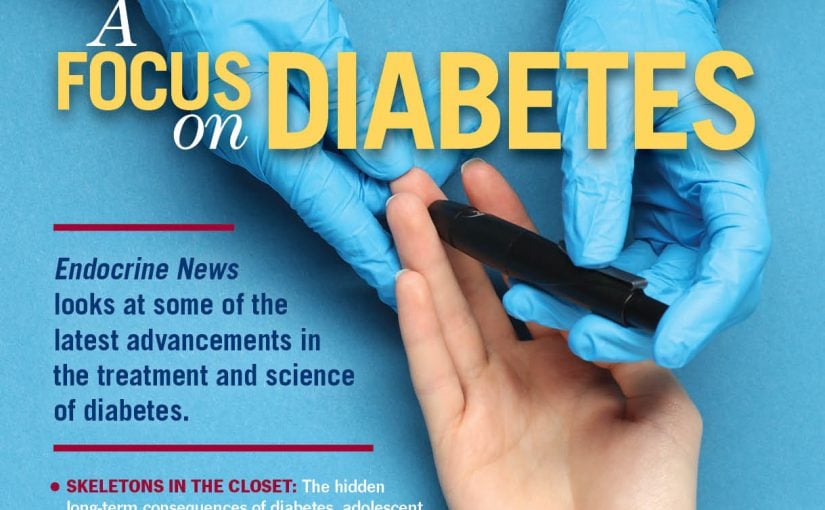Childhood cancer patients and survivors are at increased risk for growth disturbances, for myriad reasons, and it is important to periodically monitor their growth, according to a paper recently published in The Journal of Clinical Endocrinology & Metabolism. Tomoko Yoshida, MD, PhD, and Angela Delaney, MD, both of St. Jude Children’s Research Hospital in Memphis,...
The increase in free insulin-like growth factor (IGF)-I levels in prepubertal children with Prader-Willi Syndrome (PWS) treated with exogenous growth hormone (GH) could be caused by increased pregnancy-associated plasma protein A (PAPP-A, PAPP-A2) levels and a reduction in stanniocalcins (STC-1, STC-2), according to a study recently published in The Journal of Clinical Endocrinology & Metabolism....
Women Undergoing Fertility Treatment Who Are Stressed May Have Heart Health Issues during Pregnancy
Study links high blood sugar during pregnancy with weak heart health A new Journal of the Endocrine Society study among women attending a fertility center found that those with more stress before pregnancy had higher blood sugar levels during pregnancy, which is a sign of weaker cardiovascular health. People’s stress levels have continued to rise over the...
Children Who Are Sedentary May Have a Higher Risk of Heart Attack or Stroke Later in Life
Children who are physically inactive may have high cholesterol in early adulthood and subsequent heart health issues in their mid-forties, according to new research published in The Journal of Clinical Endocrinology & Metabolism. High cholesterol during childhood has been associated with early signs of heart disease when individuals reach their mid-twenties and an increased risk of...
The Root of the Problem: Warning Consumers About EDCs from the Laboratory Bench
 With a keen interest in hormonal research, Emily Hilz, PhD, has become passionate about the dangers of endocrine-disrupting chemicals, especially in beauty products. She talks to Endocrine News about a new app she’s developing to help shield Black women from dangerous products they could be using every day. A new mobile app developed by Emily...
With a keen interest in hormonal research, Emily Hilz, PhD, has become passionate about the dangers of endocrine-disrupting chemicals, especially in beauty products. She talks to Endocrine News about a new app she’s developing to help shield Black women from dangerous products they could be using every day. A new mobile app developed by Emily...Women Face Greater Risk of Obesity in Low- and Middle-Income Countries
Study finds women are 2-3 times more likely to be affected than men Women in low- and middle-income countries, especially in the Sub-Saharan Africa region, may be 10 times more likely to have obesity or heart health issues than their male counterparts, according to a large meta-analysis published in The Journal of Clinical Endocrinology and Metabolism....
Are Children with Prediabetes and Obesity More Likely to Progress to Diabetes?
A new Journal of the Endocrine Society study highlights how to identify children at high risk of developing type 2 diabetes and strategies for prevention, such as anti-obesity or anti-diabetes medication and lifestyle changes. Prediabetes is a health condition in which blood sugar levels are higher than normal, but not yet high enough to be diagnosed as...
Obesity Appears to Increase the Risk of Developing Polycystic Ovary Syndrome
Obesity appears to increase the risk of developing polycystic ovary syndrome (PCOS), according to a study presented at ENDO 2023. An estimated 7% to 10% of all reproductive-aged women globally have PCOS. Women with PCOS have a hormonal imbalance and metabolism problems that may affect their overall health, appearance, and fertility. PCOS is associated with health...

